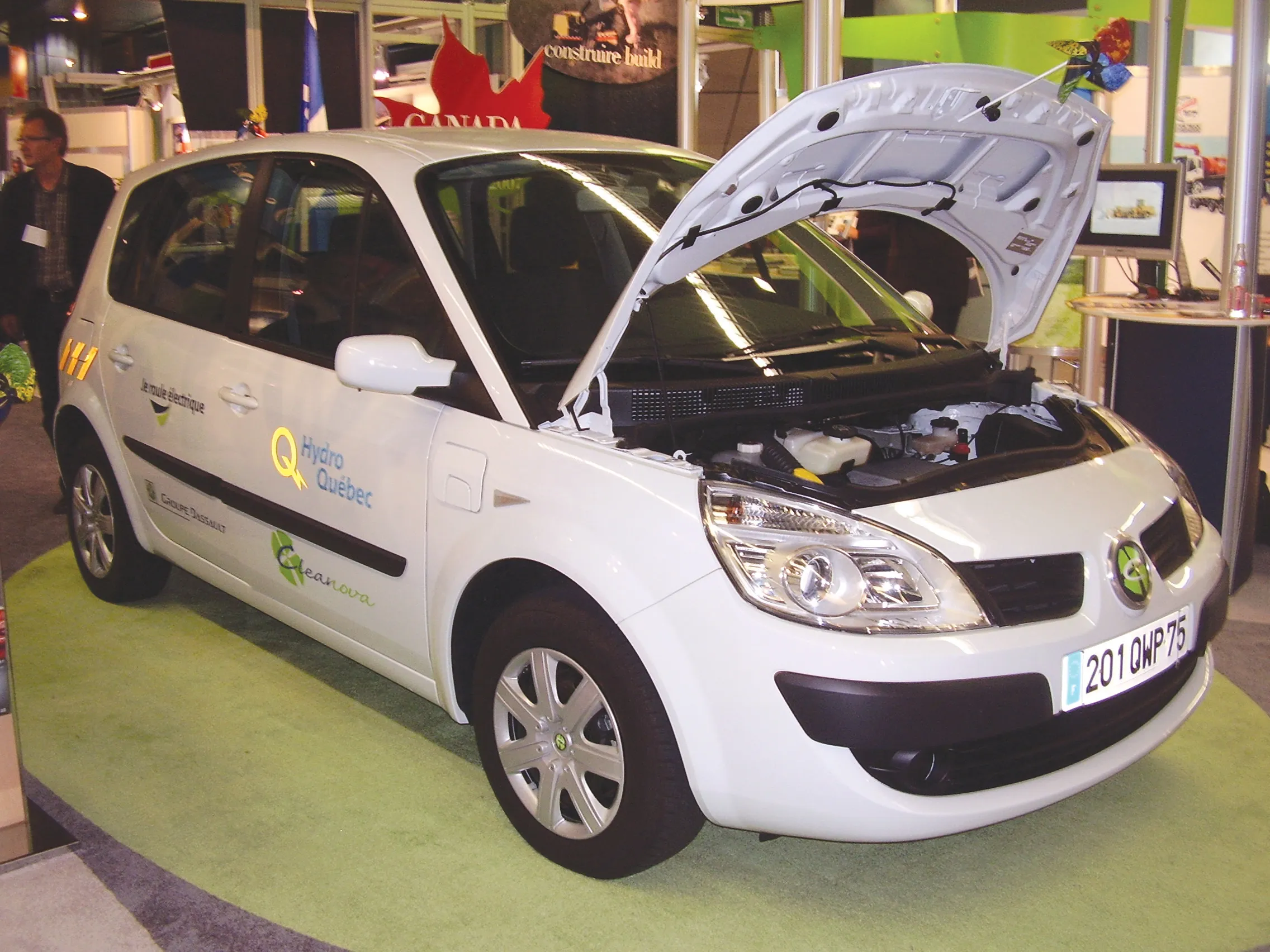Manufacturers in Brazil are discouraged from investing in electric vehicles due to unfavourable environmental and market conditions, a study claims. Research by Maksen, through a partnership with Insper and Lisbon MBA, states that even though production costs keep decreasing, it is estimated that until 2020 electric engines will cost two times more than traditional fuel combustion engines. According to Deloitte, 65% of Brazilian consumers will only consider investing in electric vehicles if their price is s
January 21, 2013
Read time: 2 mins
Manufacturers in Brazil are discouraged from investing in electric vehicles due to unfavourable environmental and market conditions, a study claims.
Research by Maksen, through a partnership with Insper and Lisbon MBA, states that even though production costs keep decreasing, it is estimated that until 2020 electric engines will cost two times more than traditional fuel combustion engines.
According to5299 Deloitte, 65% of Brazilian consumers will only consider investing in electric vehicles if their price is similar or lower than that of conventional cars. Furthermore, only 3% of consumers would be willing to pay up to US$3,415.97 (BRL 7,000) more for an electric model. As a result, vehicle manufacturers such as 2454 Nissan and Maksen reportedly believe that the Brazilian government should create measures to support the acquisition of electric vehicles.
Maksen estimates that $491.23 million (BRL 1bn) would be needed annually to support the sale of 46,000 electric vehicles per year. However, the government may not be inclined to support electric vehicles since it already supports other renewable energy projects. It occupies the 105th position in a ranking of the most pollutant countries.
Research by Maksen, through a partnership with Insper and Lisbon MBA, states that even though production costs keep decreasing, it is estimated that until 2020 electric engines will cost two times more than traditional fuel combustion engines.
According to
Maksen estimates that $491.23 million (BRL 1bn) would be needed annually to support the sale of 46,000 electric vehicles per year. However, the government may not be inclined to support electric vehicles since it already supports other renewable energy projects. It occupies the 105th position in a ranking of the most pollutant countries.







